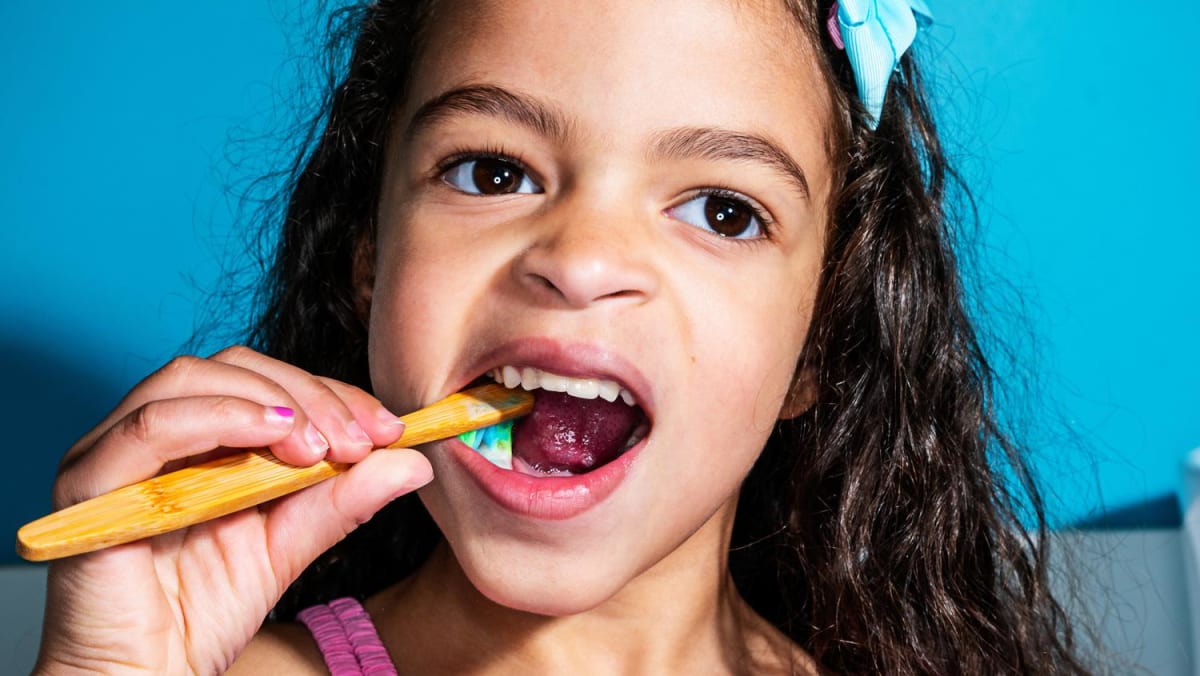
NEW YORK — The American Academy of Pediatric Dentistry recommends that children first see a dentist within six months of the eruption of their first tooth, or by age one — and then every six months after that for cleanings and checkups.
Because kids retain some of their baby teeth until the age of 12 or 13, it’s important to keep them healthy, said Dr Judy Yip, a pediatric dentist in Garden Grove, Calif. Here’s what parents need to know.
START EARLY. You can get your baby used to oral hygiene by wiping down their gums with a damp washcloth twice a day, even before the first teeth arise, said Dr Jonelle Anamelechi, a pediatric dentist in Washington, D.C.
Once that first tooth appears, gently brush it twice a day with a small toothbrush and a rice-grain-sized amount of fluoride toothpaste, Dr Yip said.
As soon as teeth appear that are close together, floss between them using disposable flossers, said Dr Erin Issac, a pediatric dentist in Pittsburgh.
Once your child is adept at spitting, you can switch to a pea-sized amount of toothpaste, and have them start using a fluoride rinse once a day, too.
MAKE BRUSHING EASY AND FUN. If oral hygiene is a struggle, do your best to at least brush at night, Dr Anamelechi said — that’s when the teeth most need cleaning.
You don’t have to brush at the sink, either — you can do it while kids are in the bath or a highchair, Dr Issac said. “Sing a song, do a little silly dance,” she suggested.
Give your child agency as well. Let them pick out a toothbrush with their favorite character, or try different toothpaste flavors and pick the one they like best.
STAY VIGILANT. Beyond brushing, you can keep kids’ teeth healthy in other ways, such as by limiting their consumption of gummy candies and vitamins. Dr Anamelechi suggested offering snacks of apple slices, which she called “nature’s toothbrush.”
As kids get older and are able to brush and floss on their own, the burden on parents typically eases. But it’s important to monitor that they’re brushing twice daily — and check supplies regularly, because children don’t always speak up when they should.
This article originally appeared in The New York Times.